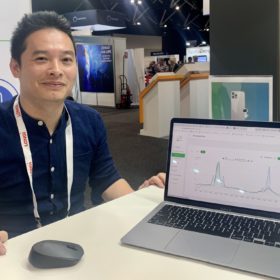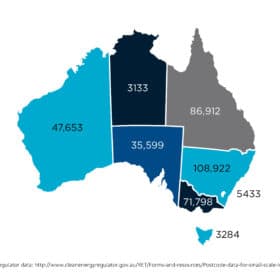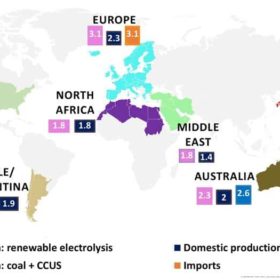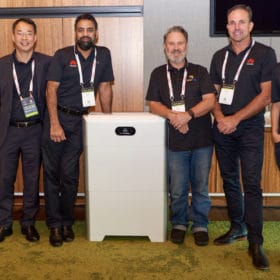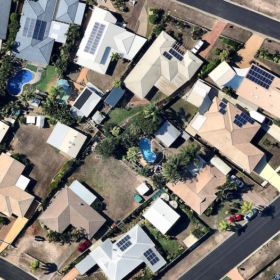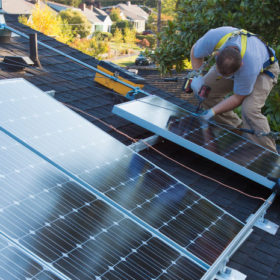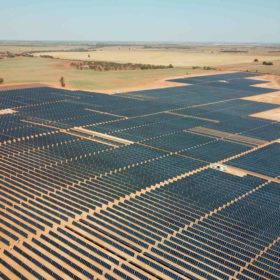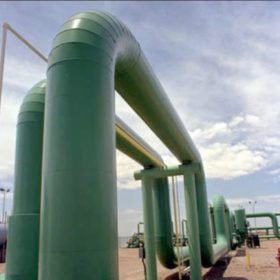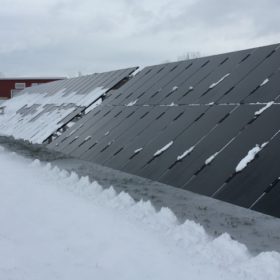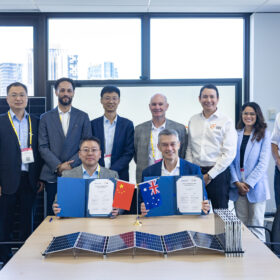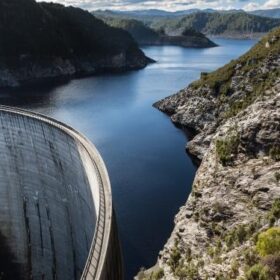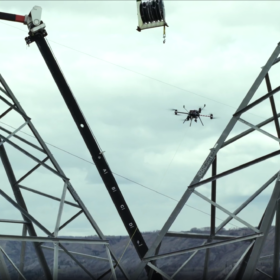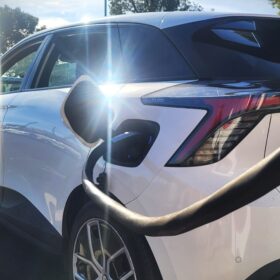‘Software as a service, that’s the key’: why major solar business CEO says its all about data
In 2020, Anson Zhang, the CEO of Australia’s largest solar distributor, One Stop Warehouse, launched Discover Energy – entering the electricity retail space. The decision, Zhang told pv magazine Australia, confused many. Why would a company dominating solar supplies pivot to retailing. The simple answer: data.
Large scale solar generation exceeds gas for first time, rooftop solar pushes peak demand to five year low
Evidence of Australia’s energy transition and the force with which renewables are pushing fossil fuel generators out of the mix are now glaring, with a raft of new reports highlighting different records and trends testament to the seismic shift.
Geopolitical impact of long-distance transport of electricity and hydrogen
In an interview with pv magazine, Indra Overland, the head of the Centre for Energy Research at the Norwegian Institute for International Affairs, explains how long-distance electricity and hydrogen transport differs from that of fossil fuels. He says strong Europe-North Africa connections could prove the viability of cables to connect continents, and notes that integration between countries and regions will increase.
Huawei enters Australia’s residential battery market with modular Luna2000
Chinese giant Huawei has entered Australia’s residential solar battery market with its home energy storage system, the Luna2000. The lithium-iron phosphate 5kWh cells have a modular design and are scalable to 30kWh. Huawei is banking on 10 kWh system capacities being most popular, telling pv magazine Australia they will retail for under AU$10,000.
Regulator expands fraud detection, introduces new anonymous online tool to growing arsenal
The Clean Energy Regulator has adopted the whistle-blower platform Whispli to allow Australians to report any potential fraudulent or non-compliant behaviour anonymously online. The move comes just after the Regulator joined forces with the Clean Energy Council to launch a taskforce targeting dodgy installers.
Free solar systems to be given to South Australian concession holders from today
South Australian concession holders can now opt to switch their payments for a brand new solar system as part of the state government’s Switch for Solar pilot program which kicked off on Monday.
Solar powered ice-cream beer? Say no more
Ben & Jerry’s and 4 Pines, two companies who have been long supportive of renewable energy, have teamed up to create a limited-edition Chocolate Chip Cookie Dough Nitro Beer which will also help a community group receive a solar installation from Enova Community Energy.
Powercor to unlock more than 1.3 GW of queuing large-scale renewable projects
Transmission is not the only way, proves network service provider Powercor with its new plan to help Victoria hit its ambitious emissions reduction targets, while considering the needs and sensitivities of regions set to host the state’s Renewable Energy Zones.
$2 billion blueprint to run a green hydrogen river through the Hunter Valley
Hydrogen is the word on everyone’s lips as the Federal Government champions hubs of no particular colour. Seasoned clean players such as Energy Estate are identifying greenfield opportunities for renewable energy and industry to meet.
Going fission! How scientific enquiry by UNSW may push solar cell efficiency to 38.2%
Cross-pollination of scientific and engineering thought within the ARC Centre of Excellence for Exciton Science has led to promising findings on the the cool solar-cell efficiency-boosting mechanism known as singlet fission.
